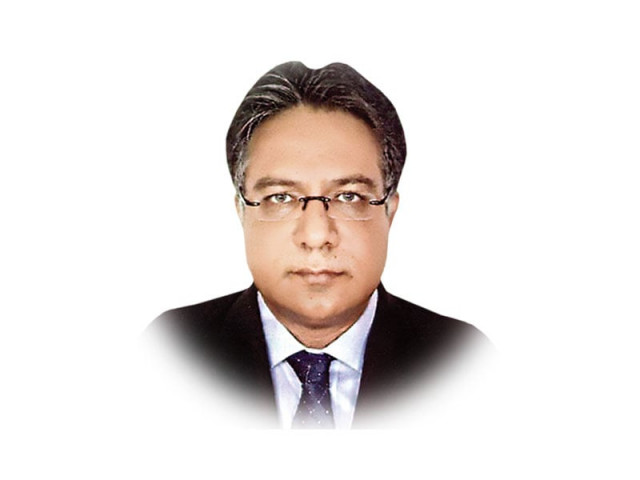Who’s afraid of local governments?
If democracy means public participation in govt, nothing can be more democratic than local govt structures.

Upon taking charge, the PML-N government extended the local government system introduced by General (retired) Pervez Musharraf and then replaced nazims with administrators throughout Punjab.
This was not the first six-month extension they have gained to perpetuate this ad hoc system.
If democracy means public participation in government, nothing can be more democratic than local government structures that allow people to participate directly in decisions that affect them.
So why are the provincial governments, including the one in Punjab, so scared of local government elections? Why has legislation for a revamped system of local government not been drawn up, let alone implemented, in the last four years? And why are local governments so important to dictators, with each one from Ayub Khan to Musharraf setting them up?
Political parties and provincial governments see local governments as impediments to their political designs and ambitions.
Establishing a local government means sharing power, and money, at the local level. If there is a district government dominated by the opposition to the Punjab government, the provincial administration will not be able to spend funds where they like, while the district bureaucracy will be divided between the local and provincial governments. No government wants this, because it would curb their power to rule the district and spend money. Hence this evasive legislation.
Meanwhile, in the absence of local government, districts, tehsils and union councils are run by magistrates, assistant commissioners and deputy commissioners, who are direct tools of the provincial government.
The absence of local representation in a district hurts the people who live in that district because they don’t have a direct influence – a vote – on the bureaucrats appointed by the provincial government.
While the provincial governments fear them, military dictators love local government. The reason is legitimacy. A military dictator commands soldiers, tanks and fighter planes, but knows that he does not command the respect of the people.
Engineering a local government system in which representatives have the power to influence local matters gives him the chance to claim democratic credentials. Also, local elections are much easier to rig, as there are fewer voters to influence and no dearth of free loaders and sycophants ready to do the boss’s bidding. Government agencies can vet candidates for loyalty to the dictator.
Once the carefully crafted system of local government is in place, a dictator can tell his subjects and the world that he has introduced a democratic government. With a little legislative jiggery-pokery, the local government representatives can even be turned into an electoral college for the dictator, who can then claim to be the rightfully elected president.
Published in The Express Tribune, December 29th, 2011.



















COMMENTS
Comments are moderated and generally will be posted if they are on-topic and not abusive.
For more information, please see our Comments FAQ